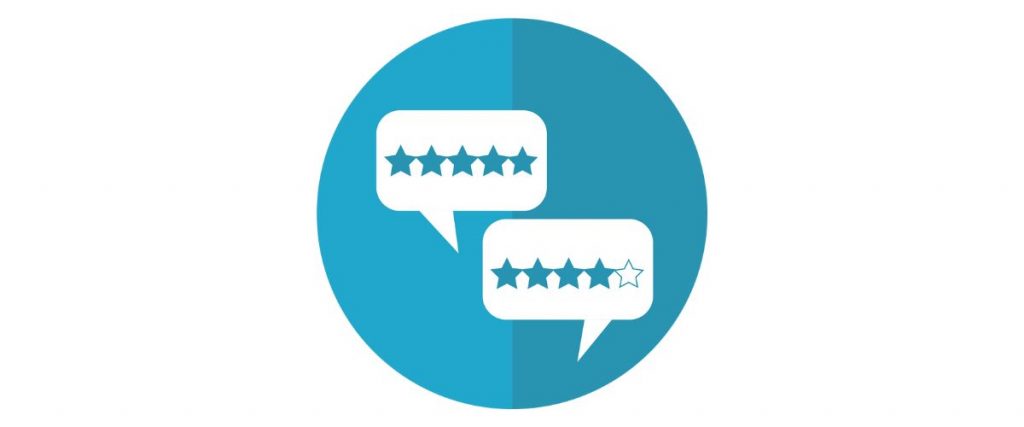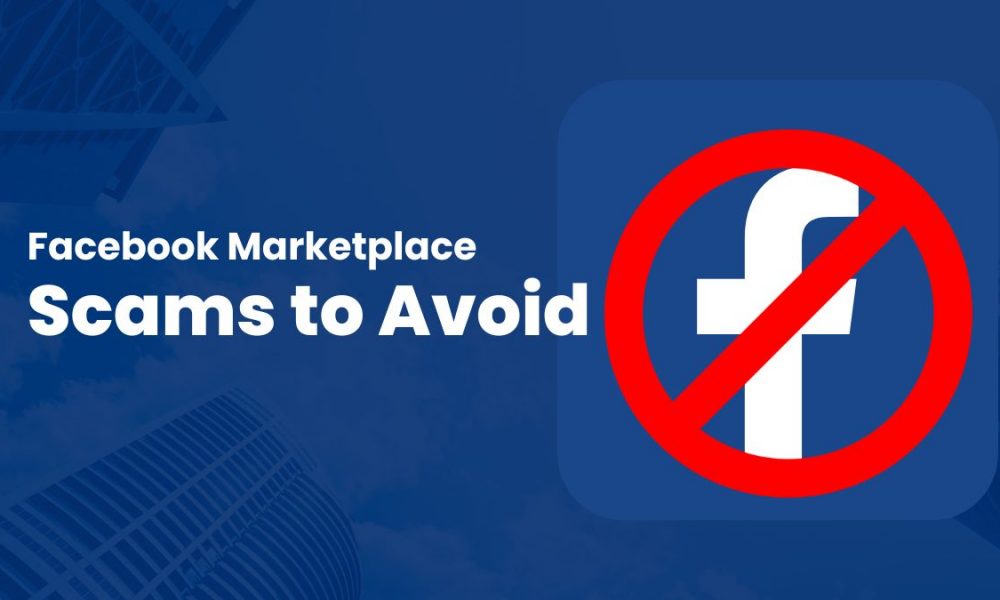Facebook is the largest marketplace in the world, holding more than 1 billion users. The scams are harming users and spreading like a disease on marketplaces. The Scammers specifically target their preferred regions. These frauds have convincing appearances and common warning indications that make them easier to spot.
Here are the Red Flags of Facebook Marketplace Scams that everyone needs to know before purchasing.
- Most of the Sellers sell their products below average prices
- Need to know about fake seller accounts
- Not all the Giveaways for you
- Delivers low-quality products
- Facebook Marketplace as a new rental scam site
- Below-average price deals
- Google voice scam
- Offer false insurance policies
- Zelle and Venmo scams
- Imitating buyers with fake reviews
Most of The Sellers Sell their Products Below Average Prices

Take a look at the product price before purchasing. The majority of sellers scam by placing their product prices below average. You might be browsing the Facebook marketplace searching for a fantastic deal, but watch out for offers that seem too good to be true. You’ll attract to these discounts when realize that these products are within your budget. You will be trying to purchase these items, but you suddenly realize that they were fake and a scam.
Some companies use the statistical idea of selling below cost, especially as a business strategy. However, scammers use it to scam buyers on Facebook Marketplace.
Beware of vendors who offer you things at discounts. Check the product’s price before deciding whether it is a genuine brand or a replica.
Need to Know About Fake Seller Accounts

Scammers assume different identities to get your data, including emails, phone numbers, and addresses. False selling accounts are relatively popular on Facebook Marketplace. These warning indications will help you spot fake selling accounts.
No branding: Recognize the brand before buying. Verify the trust level of the selling account. You can verify from their website, other social media accounts, and customer reviews.
Silent Accounts: There are several automated fake Facebook accounts, generally known as bots. These bots only respond to your request. They don’t respond to your messages. Whether you want to double-check, send them a message and see if you receive a reply.
Not All Giveaways are for you.

Random brands use giveaways to engage their followers and for their brand publicity.
But now, there are many posts on Facebook for fake giveaways including fake promotion giveaways on the Facebook marketplace that claim expensive brand giveaways.
They typically demand likes and comments in exchange for many fake deals or prizes. Once they’ve achieved their goal, they’ll edit the post and add something negative, like a virus link.
Delivering low-quality products
Facebook Marketplace makes it simpler to purchase a fake product than a real one. Any brand of clothing, jewelry, or shoes can be a replica.
You can easily purchase anything from copy of Rolex watches to Gucci and Dior bags on the Facebook marketplace.
Sometimes, they post false ads for various products on the Facebook Marketplace, and when a customer purchases that product, it turns out to be fake. Additionally, they try to fool the customer by using attractive ads, images with different perspectives and details for bogus products.
Facebook Marketplace as a New Rental Scam Site

Facebook Marketplace and Facebook groups have replaced Craigslist as the new rental scam website.
People get scammed by prospective tenants.
For example, People received calls from potential tenants inquiring about single-family homes with four bedrooms, two and a half bathrooms, or three gorgeous bedrooms, each costing between $650 and $700.
We encounter several landlord-tenant scams on local Facebook groups and the market. These tenants hunt for self-managing homeowners who advertise basic properties on Facebook or Craigslist. According to the website, ApartmentList.com, Landlords under 30 are 42% more likely to have fallen victim to rental scams.
Here are some warning flags of rental scams;
- Avoid showing the area.
- They want you to sign before even seeing the location.
- Photos with different angles all are attractive.
- The big lie is that a landlord is out of the country.
- They are asking for a piece of personal information.
- Ready to confirm the deal with no background information.
Check Google Maps to confirm the location exists before finalizing the sale. Verify your landlord’s identity. As plan A, try to communicate in person, and as plan B, ask for skype/WhatsApp videos of a location.
Google voice scam
Google Voice offers a phone service that allows users to call, text, and leave voicemails from any location.
This scam is challenging because you might not be aware of it. In this scam, scammers only target individuals selling items online, such as on the Facebook marketplace. They also targeted those who posted their email addresses and phone numbers online for business purposes.
They’ll initially get in touch with you and claim they need to confirm something or that you are a genuine person. Then they will ask you for a verification text from Google Voice, though it may also be a phone call.
After that, they will ask you to provide a verification code. Scammers only need a unique verification code that they get from you. As soon as you agree to the scammer to give your phone number, they will create a new Google Voice account and link it to the number they have obtained from you. After fooling the victim to get six verification codes, they utilize these to demonstrate ownership of the victim’s number. Then they scam other people by using this Google Voice number.
Therefore, be aware of these scammers and only pay through verified methods, and don’t share your six-digit verification code.
Below-average price deals
The first time you saw an offer on Facebook Marketplace, you thought it was insane. For example, why would someone publish something that could be worth $500 for only $50?
It would be beneficial if you kept looking for red flags such as unreasonable low prices, platform sales, and invoice specifics. On these websites, vendors pretend to be the proper client even if they don’t have anything to sell. Additionally, price tags are given as offers that seem too good to be true.
They send you a link. If you click that giveaway link, there is a 99% chance that your account will be compromised, giving hackers access to private information like your bank account and email password.
False Insurance Fees
Genuine Facebook sellers won’t demand extra payment for delivery fees associated with your product. Fraudsters demand extra money from you for your product’s insurance or shipping fees. So please don’t fall for them. You should cancel the order or transaction if someone wants you to pay unexpected or unjustified fees.
To provide the appearance that the item has been dispatched, the scammer may offer phony tracking information or screenshots, but in reality, they have already made off with your money.
Before placing an order, double-check the website’s address and company name because they frequently prey on the uninformed. Check the email to see if it includes details about your order or a tracking number for your products.
Facebook Marketplace Zelle and Venmo scams
Scammers may use Zelle or Venmo, two mobile payment services, in the Facebook marketplace. Scammers would contact a seller as soon as they put a listing on Facebook’s marketplace in this scam. They may also do this on Craigslist, where they may express interest. The scammer has no intention of making a transaction. They pretended to be interested. In addition, they ask for your email address, Venmo code, or your Zelle QR code.
Because you just provided them with your email address, the scammers send the seller an email while pretending to be Venmo or Zelle to steal their money or your personal information.
Imitating Buyers with Fake Reviews

Facebook marketplace and other sites like Yelp and Amazon have been flooded with fake reviews for over a decade. Nobody wants their website to have a bad reputation for accepting spam. Most Facebook marketplace frauds are simple to identify. One of them is fake online reviews. They are incredibly complimentary and claim five-star reviews to lure new customers.
According to a recent report in “The Guardian ” an incident in Italy occurred when a guy was convicted for buying and selling phony reviews. In the first case, someone was jailed for purchasing and selling fraudulent reviews. Facebook recently got rid of the 16,000 groups that traded phony reviews. Therefore, these false reviews can easily deceive clients with false endorsements.
Insisting on Mailing Stuff
The buyer will persuade you to send the products in this scam first. When they ship the item to the buyer, the buyer goes missing without returning the products or compensating. The same goes for sellers. They try to convince the buyer to pay first, then send a product to the buyer.
A seller receives the money but never sends the product and vanishes from a spot. To provide the appearance that the item has been dispatched, the con artist may offer phony tracking information or screenshots, but in reality, they have already made off with your money. When you buy any item, inspect it because sometimes they don’t provide accurate information about the product, like photos or videos.

Leave a Reply